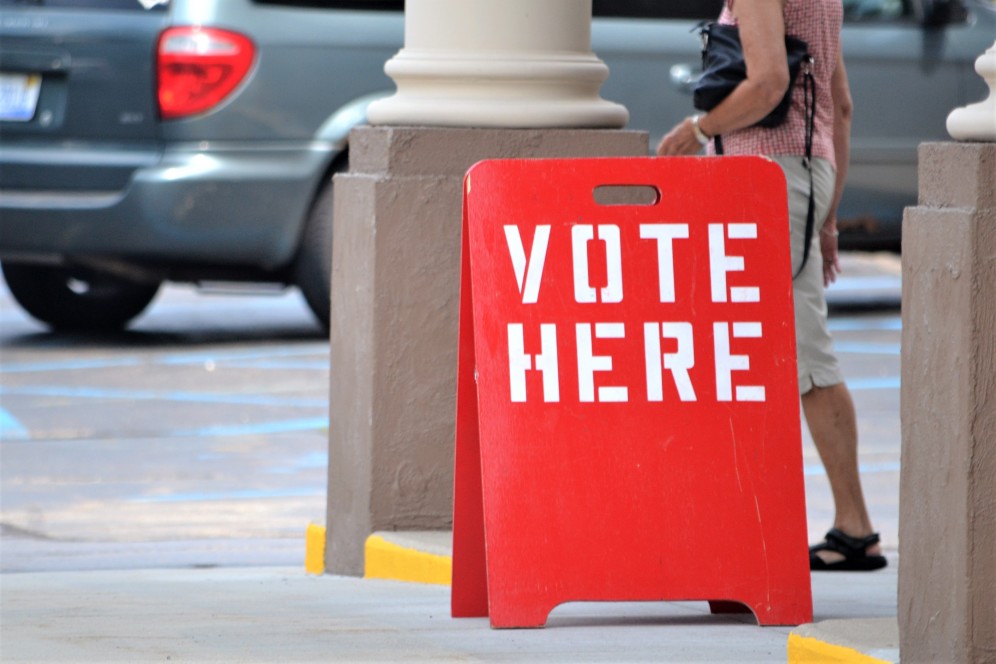by Brian S. Wesbury – Chief Economistm & Robert Stein, CFA – Deputy Chief Economist, First Trust Portfolios
The Democratic Party substantially beat expectations on Tuesday, already having clinched control of the US Senate for the next two years and, for now, hanging on to a (very slim) possibility of keeping control of the House of Representatives. If they win the Georgia run-off in early December, their Senate majority will be one seat larger than it was for the past two years.
In the five states we thought would have the closest Senate races – Nevada, Pennsylvania, Georgia, Arizona, and New Hampshire – the GOP ended up competitive in four of them but coming up empty, unless they win the Georgia runoff. Oddly, Republicans appear to have fared well in the national vote total for the House, even while falling well short of expectations in terms of seats. That suggests they ran up the score in uncompetitive districts while losing narrowly in many competitive districts around the country.
It’s important for investors to recognize that even if the Democrats end up with narrow control of the House, they are unlikely to raise taxes in the next couple of years. Federal tax revenue was 19.6% of GDP in the fiscal year that ended September 30. That’s the highest on record with the exceptions of the peak of the first internet boom in 2000 and World War II.
At the same time, the Federal Reserve needs to impose a tight monetary policy to get inflation under control. As a result, the risk of a recession is unusually high. Moderate Democrats in “purple” states and swing congressional districts will be very reluctant to raise taxes. The Democrats will have to defend 23 of the 33 Senate seats that will be up for grabs in 2024, with about half of those 23 in “purple” or “red” states. None of them wants to be accused of raising taxes into a recession.
If the Republicans are able to hang onto some voting leads and narrowly take control of the House, that means every piece of legislation going to the president’s desk will have to be bipartisan. In that scenario, debt-ceiling cliffhangers are possible, but we don’t expect any Treasury debt defaults.
Another piece of major news last week was that a federal judge ruled the president’s actions on student loans – providing large-scale debt relief and limiting future payments relative to income – are unconstitutional.
Yes, the student loan law gives the president the authority to provide some relief. But, the court ruled, Congress can’t pass a law that circumvents the Constitution’s requirement that Congress itself must authorize federal spending. The Congressional Budget Office estimates that debt forgiveness alone (so, not including the cost of future limits on repayments) costs the federal government $379 billion, which is a huge amount of money for the president to spend without a direct appropriation from Congress.
Look for this issue to be a major bone of contention for the next year or so, but for the federal courts to ultimately strike down the Biden Administration proposal.
As we wrote last week, ultimately, the stock market will be dominated not by election results but by fundamentals, including higher interest rates this year and weaker profits next year. The election results are unlikely to have an effect on interest rates or corporate profits. Remember: whether you’ve been cheering or jeering the election results, don’t let that cloud your investing judgement. The bear market has further to go and a recession is highly likely in the next 18 months.
Brian S. Wesbury – Chief Economist
Robert Stein, CFA – Deputy Chief Economist
Click here for a PDF version
Copyright © First Trust Portfolios















